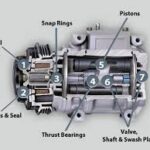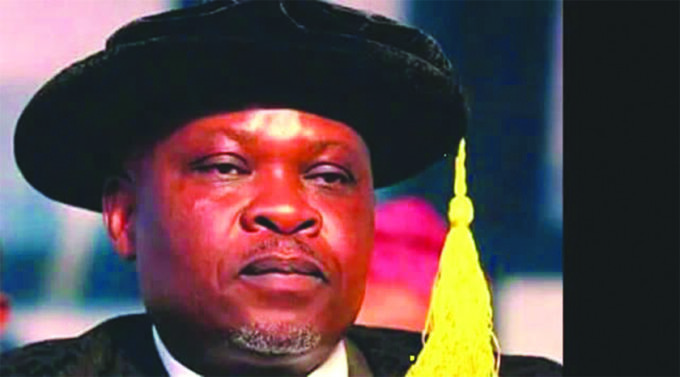By Tosin Clegg
In the race toward a more sustainable industrial future, few roles are as critical or as technically demanding as that of an energy efficiency specialist. For Ifeatu Ezenwe, it’s not just a job, it’s a mission.
Working at the intersection of mechanical engineering, data science, and environmental stewardship, Ezenwe is responsible for tuning and validating engine features that directly impact fuel efficiency, emissions, and long-term performance. Her work ensures that engines operate at peak efficiency under all conditions, reducing fuel consumption and extending engine lifespans. These are key outcomes in the global push for cleaner, more sustainable technologies.
“Every calibration we adjust has a ripple effect,” she explains. “It’s not just about performance, it’s about reducing emissions, conserving energy, and building machines that last longer and pollute less.”
Ezenwe’s role involves using advanced simulation tools and calibration data management systems to fine-tune engine behavior. She conducts rigorous testing to evaluate how engines respond under controlled conditions, allowing her to optimize fuel usage and reduce emissions. These efforts are not only vital for meeting strict environmental regulations but also for supporting national goals around energy security and industrial efficiency.
Her work on natural gas and diesel engine platforms has contributed to the development of cleaner, more reliable engines that align with global objectives for reducing greenhouse gas emissions. By improving combustion efficiency and minimizing energy losses, Ezenwe is helping to redefine what’s possible in industrial engine performance.
But the impact of her work goes beyond the lab. With a background in energy flow modeling and AI-driven optimization, Ezenwe brings a systems level perspective to her role. Her earlier research on energy conversion in the U.S.
manufacturing sector laid the groundwork for understanding how on-site power and steam generation can be optimized across industries. Now, she applies that same analytical rigor to real-world engine systems, bridging the gap between theory and application.
“Energy efficiency isn’t just a research topic, it’s a design principle,” she says. “Whether I’m modeling energy flows or calibrating engines, the goal is the same: to make our systems smarter, cleaner, and more sustainable.”
In a time when industries are under increasing pressure to decarbonize, Ezenwe’s work is both timely and transformative. Her ability to combine deep technical knowledge with a commitment to environmental responsibility makes her a standout figure in the field of sustainable engineering.
As she continues to refine the engines that power our world, Ifeatu Ezenwe is proving that precision engineering can be a powerful tool for global change.


















Leave a comment